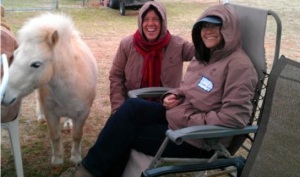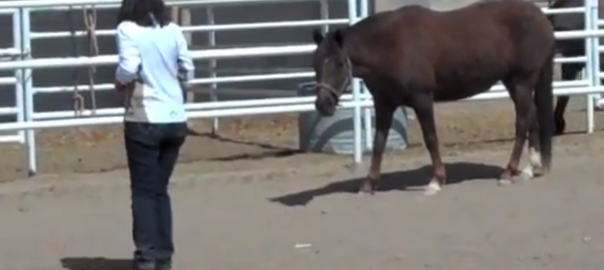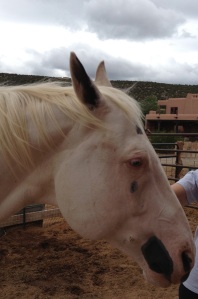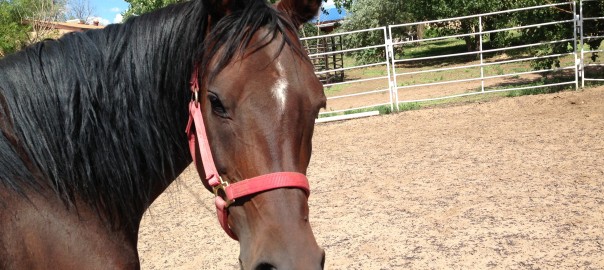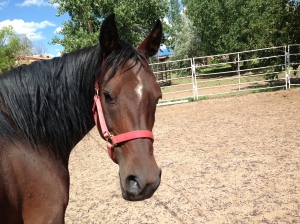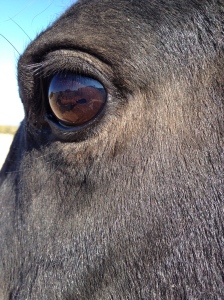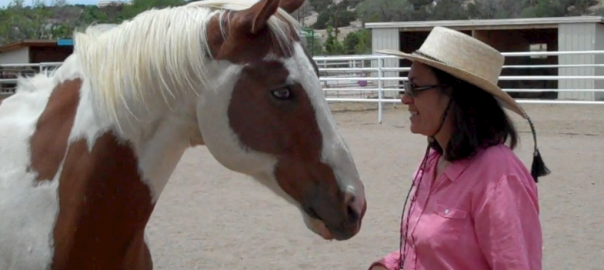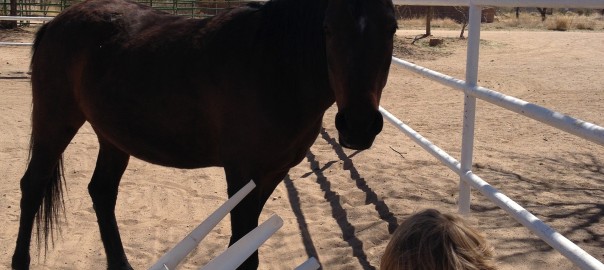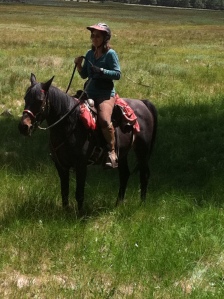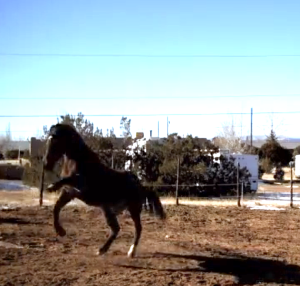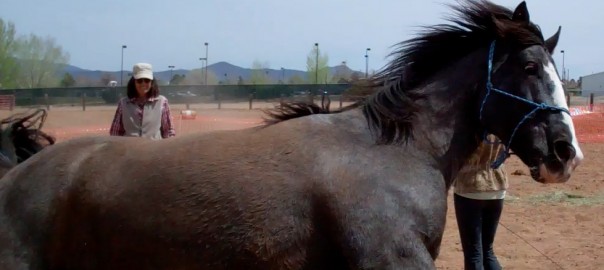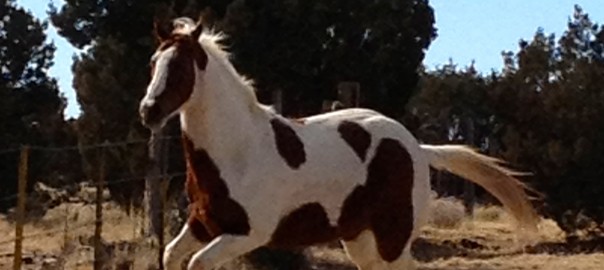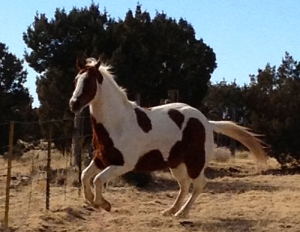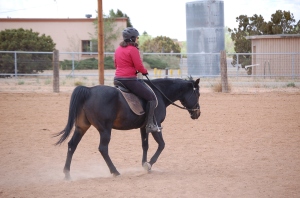I know what I’m about to write is probably controversial to many people. But I believe therapy horses need help.
Until our gelding Patches came to live with us, I didn’t know much about the horses in therapeutic riding programs. I thought they were doing a public service and that was great. Now I see remnants of that experience in our horse and have spent two years helping him get confident again. During the past two years, I’ve spoken to others who have either worked in such programs or who have horses from the programs and have also seen similar problems these horses suffer.
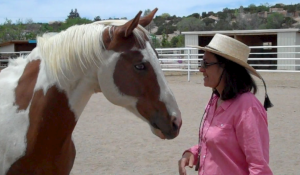
Continue reading Have you hugged your therapy horse today? →
